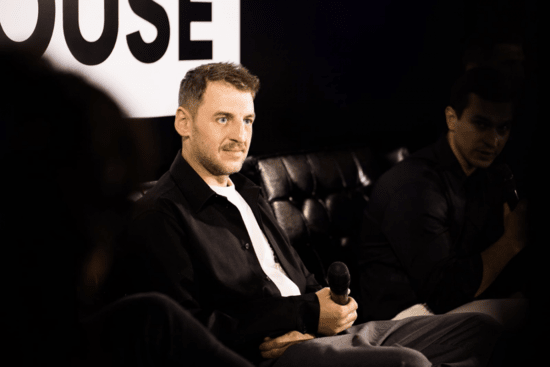
There has always been big competition in the IT industry and now it has become more intense because of ChatGPT. Some giant companies are concerned with their reputation and look for other opportunities to stand out. Also, a range of IT specialties is at risk. Sergey Tokarev, the Founding Partner of the tech company Roosh, revealed the actual impact of ChatGPT and what to expect in the future.
What is ChatGPT?
ChatGPT is a chatbot that demonstrates human-like conversation. It was developed by OpenAI in November 2022. It is an OpenAI product launched in November 2022. Chatbot was recently upgraded to GPT4. Sergey Tokarev underlines that this version is even faster to learn and improve every day. It is able to produce answers to any question. It gives suggestions and what-to-do lists and reproduces codes and pictures. It has become a great discovery for humanity yet represents considerable risk and danger.
ChatGPT is making progress
The entrepreneur specifies that ChatGPT has shown unexpected results. It can follow a person’s emotions and reproduce the answer an interlocutor wants. Sergey Tokarev notes that it is impossible to control AI at this stage. The world expected AI to replace some sort of work profession but not the creative process. GPT4 has overpassed all expectations.
“It clearly did the opposite. It draws pictures, writes texts, and compiles codes. I think the point of singularity has come this year when we stop tracking the progress speed. And this is something unique,” Tokarev comments.
Is there any risk because of GPT4?
GPT4’s breakthrough has touched the reputation of many companies, especially Google. The businessman says that Google understands its opportunity to lose the competition. Its shares might drop soon, and Microsoft can catch it in a few years.
Another risk involves laying off particular employees whose activities can be replaced by ChatGPT. These are copywriters, designers, and programmers. According to Sergey Tokarev, only first-class experts will be able to continue their careers in companies and manage AI.
“I think the world will be divided into two categories: those who write algorithms and invent new ones, and those who simply use them in everyday life,” Tokarev says.
Although Elon Musk is one of those who founded GPT4, he left this project three years ago for ethical reasons. Nevertheless, he and other experts substantiated their position against the chatbot because of the danger and risks it can bring to society and humanity overall.
Where might the OpenAI product be implemented?
Besides biotech and big data, many experiments are done with the purpose of saving people’s time, for example, in writing emails. By setting some introduction and theme, the chatbox will reproduce a ready-made letter.
“We will not even notice how we start communicating with bots without acknowledging it….A lot of things are happening in the fields of communication and interaction, for example, in call centers and customer support,” Tokarev adds.
